Note: This post contains affiliate links which means if you click on a link and purchase an item, we will receive an affiliate commission at no extra cost to you.
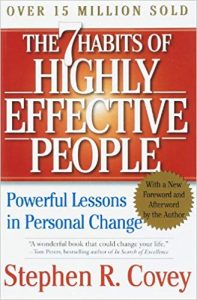
Why This Book Matters:
This iconic book has sold over 15 million copies thanks to its straightforward approach to maximizing personal fulfillment and success.
The seven habits are based on Covey’s deep dive into the character and practices of the most effective people that have ever walked the earth.
The 7 Habits of Highly Effective People
- Be proactive, not reactive
- Some people spend their days constantly reacting to external stimuli they can’t control. Instead, be proactive by focusing on what you have control over.
- Example: Viktor Frankl lived through a horrific situation in a concentration camp, but he chose to stay positive and was able to help people who were suffering.
- Begin with the end in mind
- Before you engage in any activity, visualize the result you want in your mind first and list the steps needed to attain that result.
- Example: No construction worker would ever just begin building a house without specific plans.
- Put first things first
- Prioritize what is most important in your life and work on those items first.
- Example: Categorize the things you need to do into a four-square quadrant of urgency and importance: 1 = urgent and important, 2 = important but not urgent, 3 = urgent but not important, 4 =neither urgent nor important. Prioritize your day in a way that allows you to spend time on the most neglected square, which is square 2.
- Cultivate a win-win paradigm
- Many people treat life like a competition. However, highly effective people build deep relationships with others by showing empathy and seeking win-win situations.
- Example: Treat your relationships with others like bank accounts. Make deposits as much as possible and avoid withdrawals.
- Work at understanding first, then work at being understood
- People are unlikely to trust others unless they feel like they have been fully understood.
- Example: Don’t listen so that you can give a solution; listen so that you can truly understand.
- Create synergy by practicing openness
- Synergy exists when the contributions of a group add up to more than the individual contributions.
- Example: To develop synergy you have to be open and value the different perspectives that others bring to the table.
- To keep sawing, sharpen the saw
- If a lumberjack spent every second of his day cutting down trees, eventually he would have an ineffective, dull saw.
- Example: Write down the activities that you need to do to sharpen your four key saws: physical health, spiritual health, mental health, and social/emotional health.

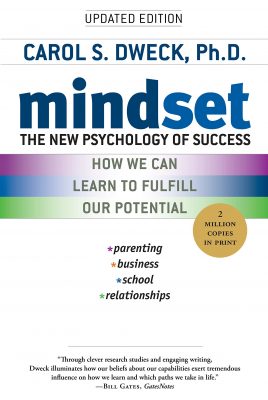
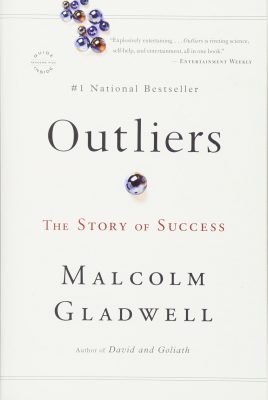
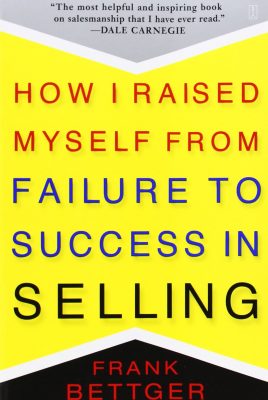

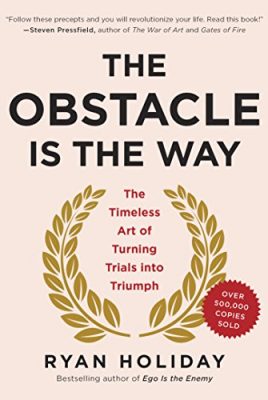

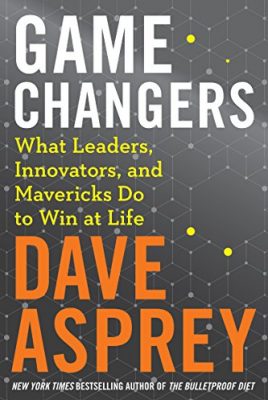
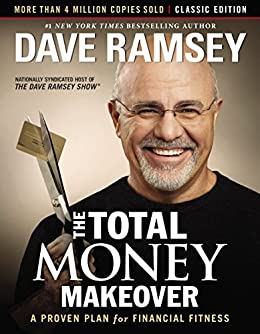
Leave a Reply
View Comments